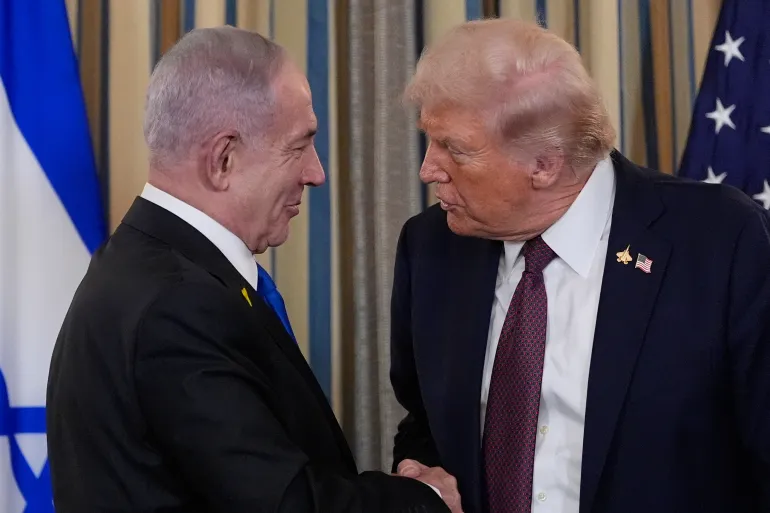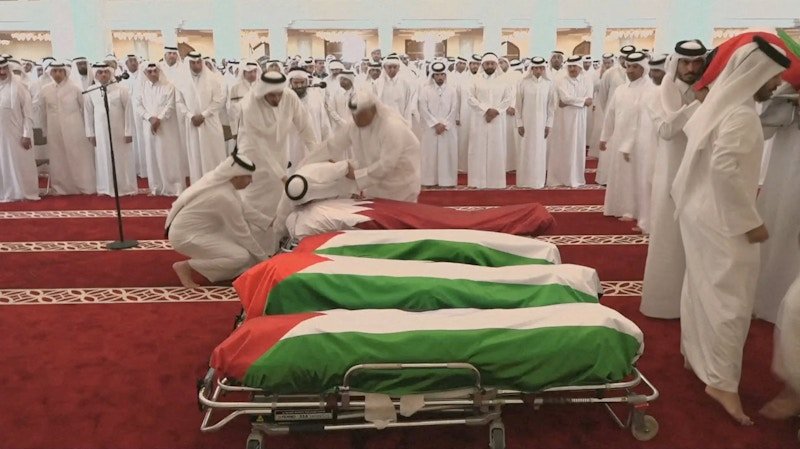Bangladesh’s Political Crisis Deepens Amid Electoral Uncertainty, Despite Government Roadmap
[Dhaka, Bangladesh | July 7, 2025]
Nearly a year after the formation of an interim government led by Dr. Muhammad Yunus, uncertainty still looms over Bangladesh’s long-awaited national elections. Although the government has repeatedly pledged to hold elections by June 2026, recent developments — including a meeting in London between BNP’s acting chairman Tarique Rahman and chief adviser Dr. Yunus — suggest the polls may be scheduled for February 2026.
However, the announcement has triggered mixed reactions across the political spectrum. Islamist party Jamaat-e-Islami and the Nationalist Conservative Party (NCP) claim the country's law and order situation remains unsuitable for elections. They argue that meaningful political and administrative reforms are essential to ensure a free, fair, and credible vote, and they signal a preference for delaying elections until such reforms are implemented.
■ Voter Roll and Constituency Delimitation Issues
Key components of electoral preparation — a transparent voter list and the redrawing of parliamentary boundaries — remain unresolved. Although the Delimitation Act has already been amended, changes to the Voter List Act and accompanying rules are still under process. According to the Election Commission (EC), 607 applications have been submitted for boundary changes in 75 constituencies.
BNP, meanwhile, has demanded a return to the pre-2001 boundaries used in the 8th general election.
As of now, the EC reports that 5,889,866 new voters have been registered. However, under current law, the EC must publish a draft voter list by January 2 and a final list by March 2 each year. Eligible voters must have been born on or before January 1, 2007, meaning an estimated 4.3 million more are potentially eligible but not yet registered. The voter update process is ongoing but incomplete, with the EC citing lack of political consensus as a key obstacle.
■ Logistical and Administrative Delays
Several other crucial tasks — including establishing polling stations, procurement of election materials, training of officials, and registration of new political parties and domestic observers — are still in progress, but the pace of implementation remains slow.
Even a recent meeting between Chief Adviser Dr. Yunus and Chief Election Commissioner (CEC) Nasir Uddin failed to finalize a specific election schedule. The CEC has confirmed that the commission is preparing for two potential timelines: February and April 2026.
While the government has consistently reiterated its goal to hold elections by June 2026, further complications are emerging. The holy month of Ramadan falls in March, followed by HSC public exams in April-May, and seasonal storms and monsoon rains in June-July. These factors pose logistical challenges, as many polling centers are used for exams, and extreme weather could disrupt election operations.
■ Mounting Concern Among Analysts
Political analysts and civil society observers say the closer Bangladesh gets to the proposed election date, the deeper the uncertainty becomes. A lack of political consensus, constitutional constraints, the Election Commission’s sluggish preparedness, and environmental challenges have all contributed to an increasingly tense and complicated political climate.
As the countdown to the election begins, questions over timing, fairness, and feasibility continue to dominate national discourse, leaving Bangladesh’s political future hanging in the balance.










